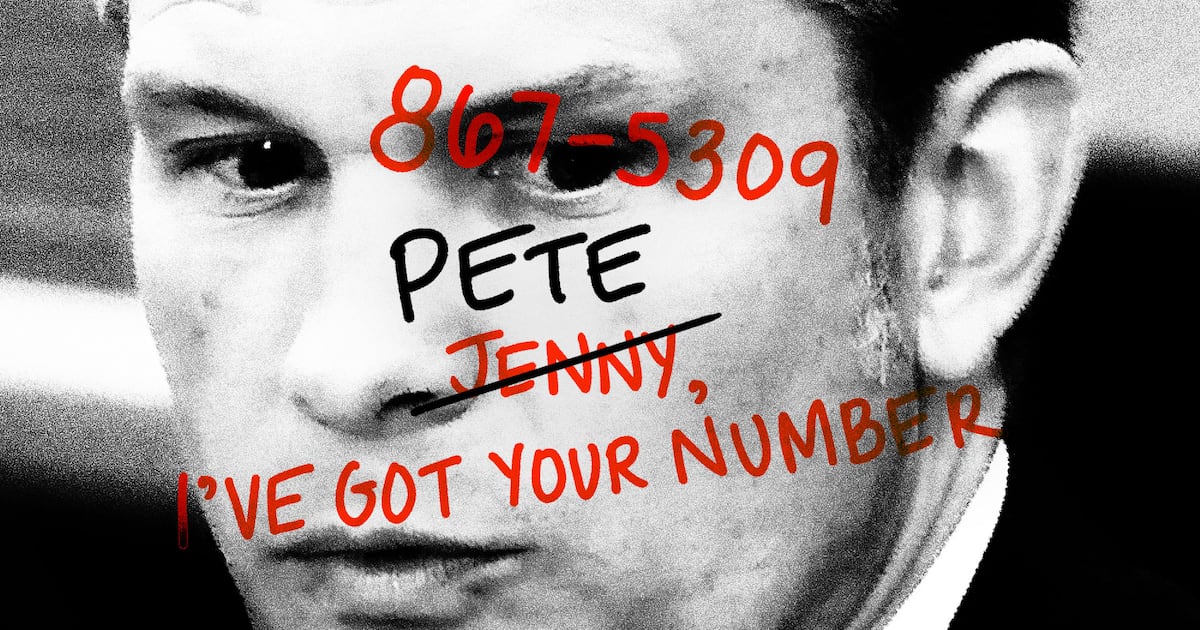
The president has a momentous decision to make about who his new chief of staff will be—a decision that could set the course of his administration going forward now and through the final two years of his term.
Current press reports indicate that the president is likely to pick an internal candidate, most likely Tom Donilon or perhaps Jim Messina. Both of these individuals are talented people, but to truly succeed, the president needs to pick someone from outside his administration with independence, stature and credibility to run a White House that appears to be close to chaos.
Specifically, the smartest thing Obama could do in replacing outgoing Chief of Staff Rahm Emanuel would be to pick an outsider who can address some of the obvious weaknesses his administration has. No one currently in the administration has strong ties to corporate America, as well as to what is likely to be a growing Republican influence, if not control in Congress, and independent credibility and authority. It is critically important that Emanuel’s replacement have strong ties to the business community, a history of good relations with both parties in Congress, and the independence and integrity to be able to tell the president "no" when he is wrong.
There is only one person in America that can fill that position, and that is Erskine Bowles, the outgoing president of the University of North Carolina, a former chief of staff to President Bill Clinton, and a former administrator of the Small Business Administration.
Bowles has unique talents because he worked successfully in the period from 1995 – 1996 to help negotiate the balanced budget agreement that was signed during that period with the Republican Congress led by Newt Gingrich. Bowles is a committed centrist, a fiscal conservative, and a pragmatist.
Moreover, as head of the president’s National Commission on Fiscal Responsibility and Reform with Alan Simpson, the former Wyoming senator, Bowles is now beginning to work seriously and systematically on not only immediate issues relating to spending and taxation, but also on larger issues regarding entitlement reform and the long-term fiscal positioning of the United States.
But what particularly distinguishes Bowles, other than his credentials and qualifications, is his unique background, experience, and record. Having served in the White House and having a successful career in business and private equity, Bowles has the independence necessary to help shape and make decisions.
As somebody who appears to think differently about policy than the president, Bowles will be able to help reposition the administration after what I and most observers expect to be a crushing defeat in the midterm elections—a defeat that will require the administration and the Democratic Party to fundamentally change course to respond to the new realities of American politics and government.
Put simply, if the Obama presidency is to have success going forward, he is going to need to be particularly vigilant in working with a Congress that probably is Republican-controlled in one, if not both Houses. Obama will also need to advance and support more fiscally conservative policies than that which his administration has pursued in its first two years.
• Richard Wolffe: The Next Rahm? • Tunku Varadarajan: America’s Prime MinisterMoreover, unlike the people in the White House now, Bowles has the independence and the ability to tell the president what he thinks. Bowles is no acolyte, he is no cheerleader, and he has no vested personal or professional reason in acquiescing to strategies and approaches that have simply failed to achieve the desired objective.
That being said, because of Bowles’ position as a loyal Democrat and as co-chairman of the National Commission on Fiscal Responsibility and Reform, he is clearly a supporter of the president, and is somebody who can be considered a loyalist. He was a loyal supporter of Bill Clinton during the mid-1990s, and has been an extraordinary successful university president and educator, as well as a successful business leader and investor.
On a larger scale, Bowles’ appointment would send a message to the business community and to the Republicans that the president is ready to do business, change the way he operates, and has appointed somebody who has unquestioned and unique credibility to change the course of a rudderless administration.
Douglas Schoen is a political strategist and author of Mad as Hell: How the Tea Party Movement is Fundamentally Remaking Our Two-Party System published by Harper, an imprint of HarperCollins on September 14. Schoen has worked on numerous campaigns, including those of Bill Clinton, Hillary Clinton, Michael Bloomberg, Evan Bayh, Tony Blair, and Ed Koch.





